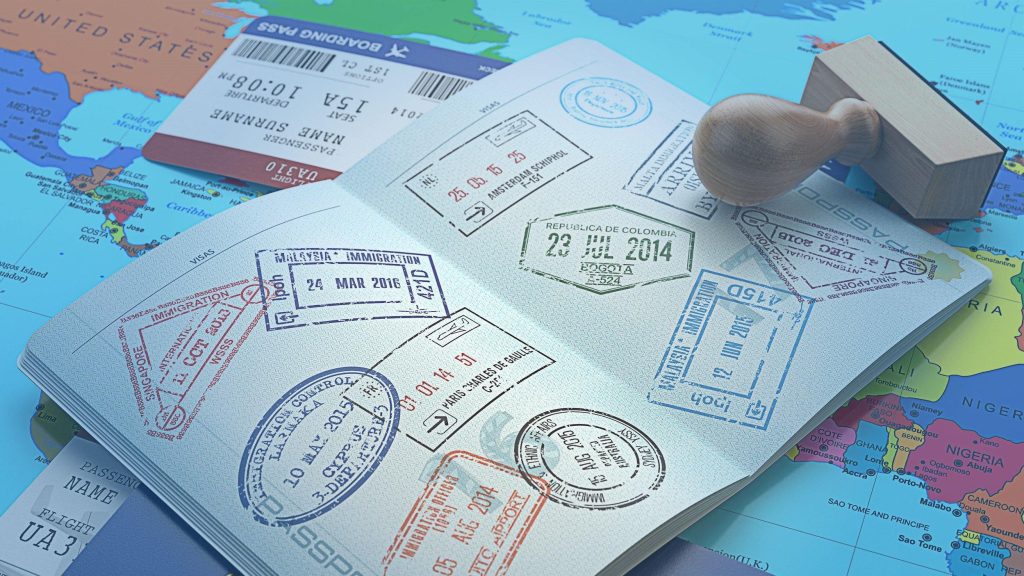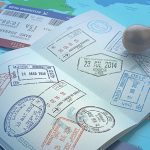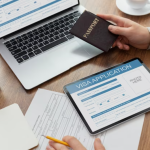Understanding the visa requirements for your destination is the first step to planning a successful international trip. Different countries have different visa categories, each with specific requirements, processing times, and fees. Whether you’re planning a holiday, business trip, study abroad, or work assignment, knowing what you need for your visa application can save you from unnecessary delays, stress, and potential rejection.
This comprehensive guide covers various types of visas, the documents required for each, and essential tips for meeting the requirements of different countries. We will also discuss common challenges faced by applicants and how to navigate them effectively.

Table of Contents
Types of Visas
- Tourist Visa: For leisure travel and short-term stays.
- Business Visa: For attending business meetings, conferences, or short-term work assignments.
- Student Visa: For enrolling in educational institutions.
- Work Visa: For long-term employment in a foreign country.
- Transit Visa: For passing through a country en route to another destination.
- Family Reunion Visa: For joining family members residing in a foreign country.
- Medical Visa: For seeking medical treatment in another country.
Understanding the Requirements
Each visa type has its own specific set of requirements:
- Tourist Visa: Requires a valid passport, completed visa application form, proof of accommodation, a return flight ticket, and sufficient financial means to cover your stay. Some countries may require travel insurance or a letter of invitation from a host.
- Business Visa: Requires an invitation letter from a company or organization, proof of business activities (such as contracts or meeting agendas), and sometimes, a cover letter from your employer explaining the purpose of the trip.
- Student Visa: Requires an acceptance letter from an educational institution, proof of tuition payment, academic transcripts, proof of accommodation, and financial documents to show sufficient funds for the duration of your studies. Some countries may require proof of language proficiency.
- Work Visa: Requires a job offer from an employer in the destination country, a work permit, proof of qualifications, and sometimes, health and police clearance certificates.
- Transit Visa: Requires a valid onward ticket, a visa for the next destination (if required), and sometimes, proof of funds to cover a short stay.
Documents Needed
While the specific documents may vary depending on the visa type and destination, some common documents required include:
- Passport: Valid for at least six months beyond your intended stay, with blank pages for visa stamps.
- Visa Application Form: Fully completed and signed.
- Photographs: Passport-sized photos meeting specific requirements (e.g., size, background color).
- Proof of Travel Arrangements: Flight tickets, itinerary, or confirmed booking.
- Proof of Accommodation: Hotel reservations, rental agreements, or an invitation letter from a host.
- Financial Documents: Recent bank statements, salary slips, sponsorship letters, or tax returns to demonstrate financial stability.
- Additional Documents: Depending on the visa type, you may need additional documents like medical certificates, employment letters, academic transcripts, or police clearance certificates.
Application Process
- Research the Requirements: Visit the official website of the consulate or embassy of your destination country. Understand the specific requirements for your visa type.
- Prepare the Documents: Gather all necessary documents and ensure they meet the requirements (e.g., correct format, recent copies).
- Complete the Application Form: Fill out the form carefully, double-checking for accuracy.
- Schedule an Appointment: Some countries require an appointment at the consulate or visa application center.
- Attend the Appointment: Bring all required documents, payment for the visa fee, and any additional items specified by the consulate.
- Submit the Application: Submit your documents and application form. Keep copies of everything for your records.
- Wait for Processing: Visa processing times vary depending on the country and type of visa. Monitor your application status online if available.
Common Challenges and Solutions
- Missing or Incorrect Documents: Double-check all documents before submission. Use a checklist to ensure completeness.
- Lengthy Processing Times: Apply well in advance and be aware of peak seasons that may affect processing times.
- Rejection Due to Insufficient Proof: Provide detailed documentation, such as financial stability and strong ties to your home country, to convince the consulate of your intent to return.
Final Thoughts
Navigating the visa application process can be challenging, but with the right preparation and understanding of requirements, you can increase your chances of success. Always consult the consulate’s official website for the most accurate and up-to-date information. For further reading and detailed visa requirements, visit our Visa Guidelines section.








